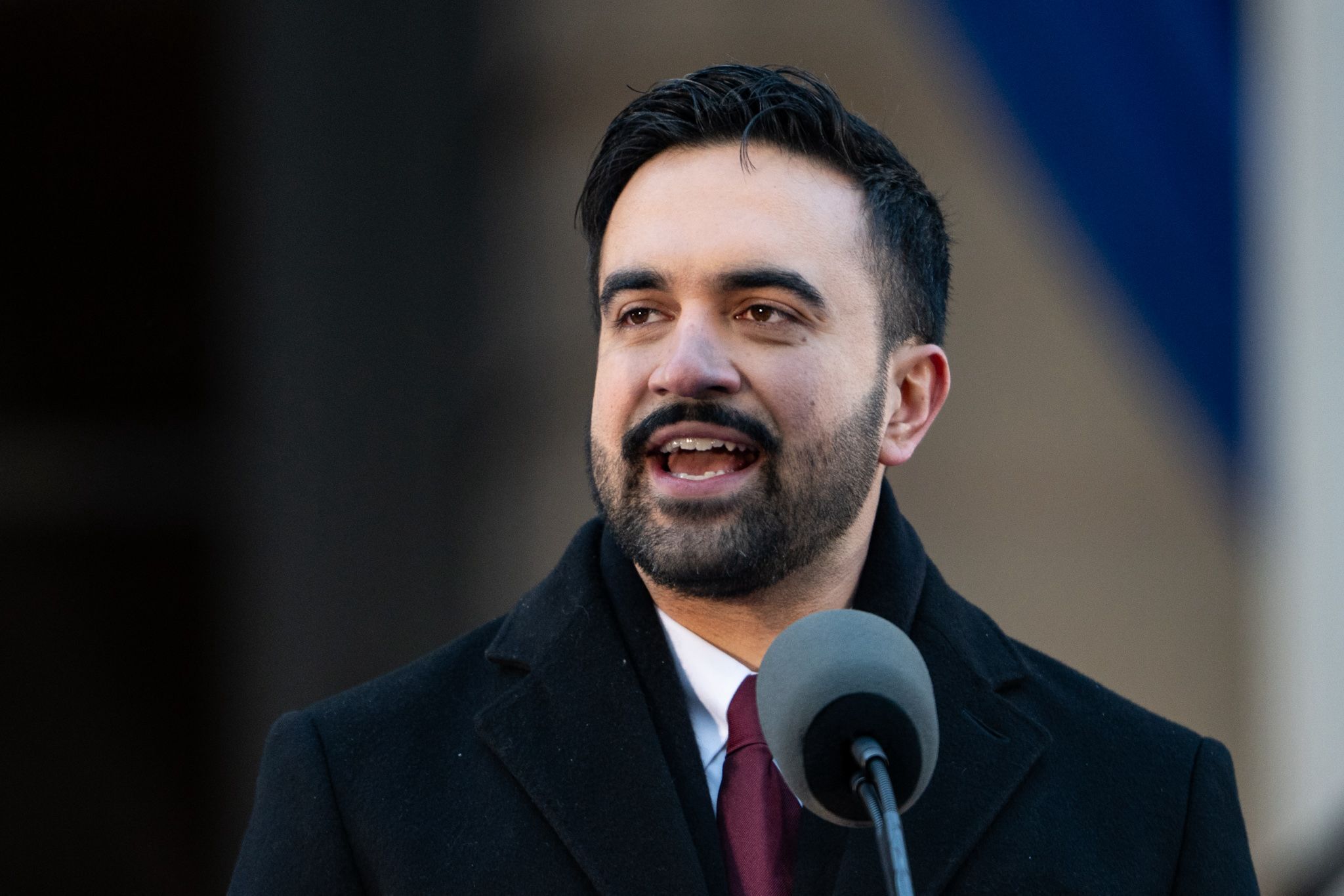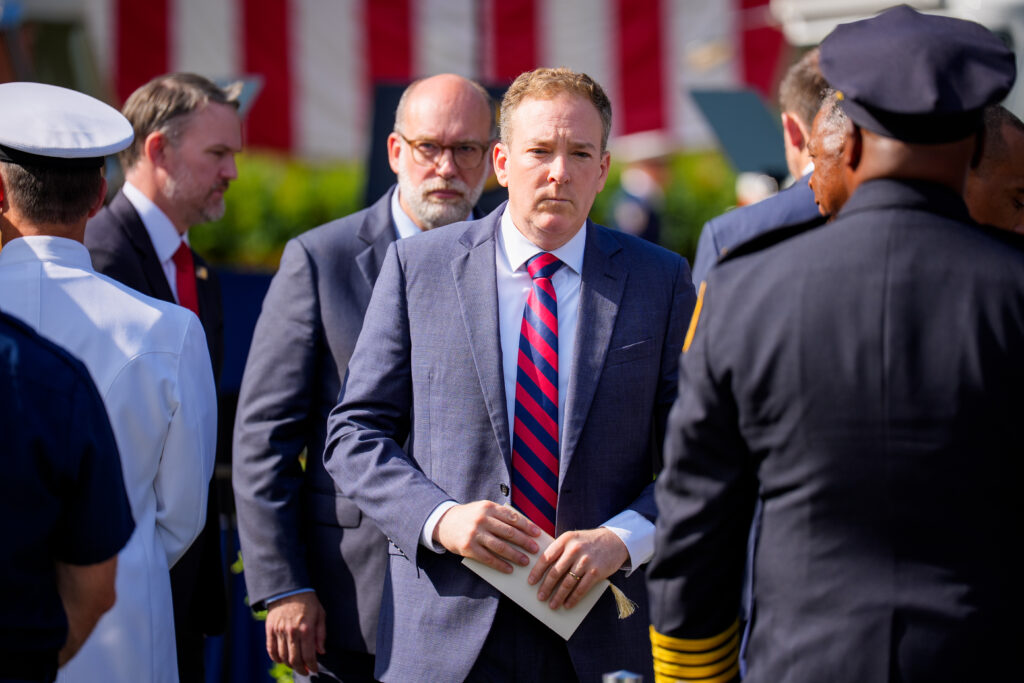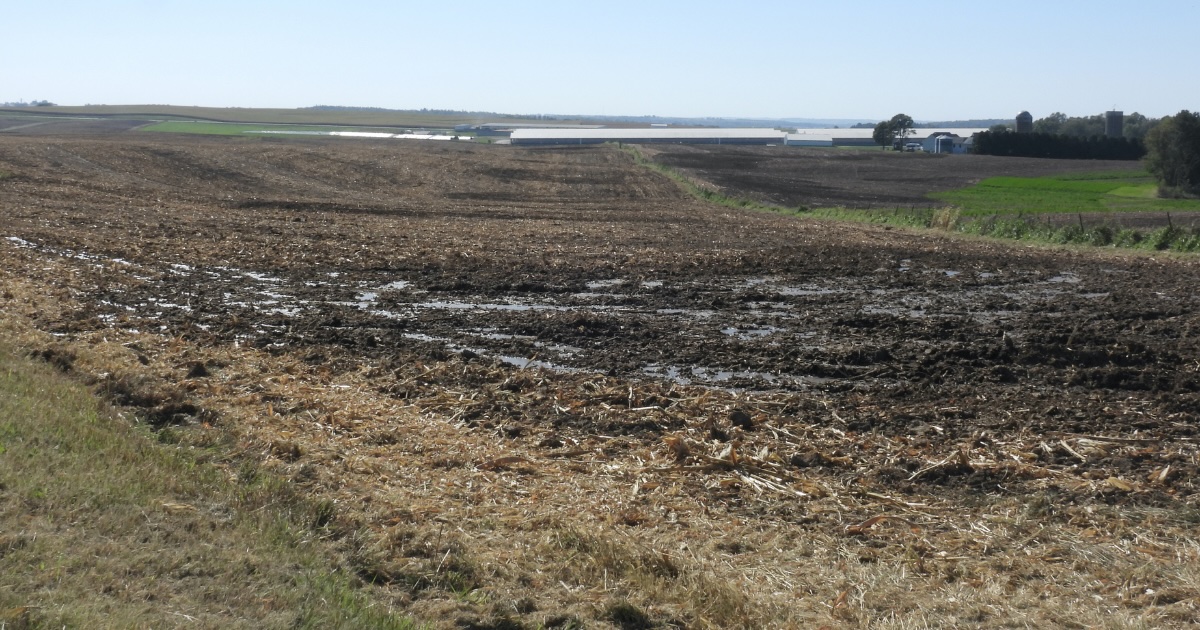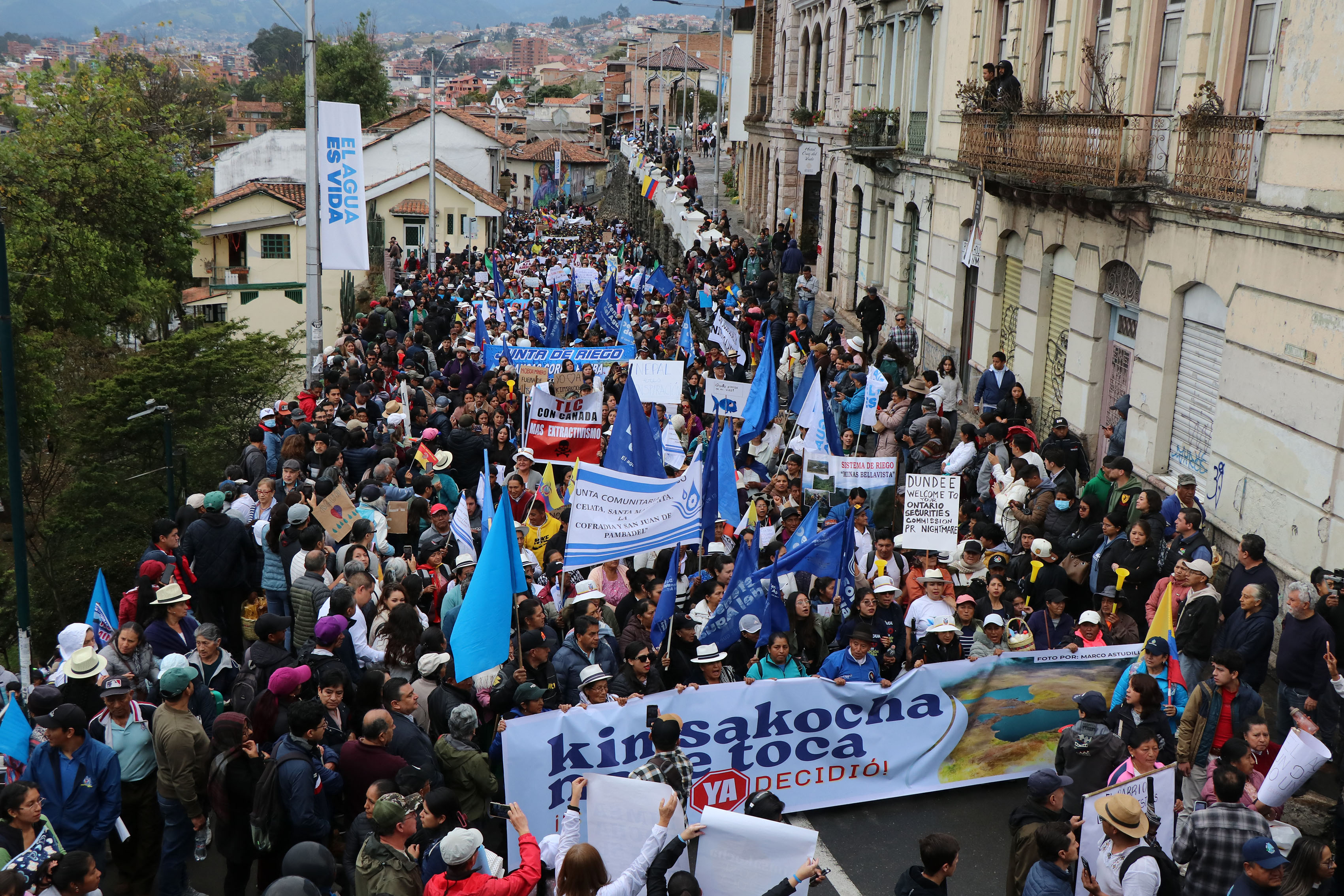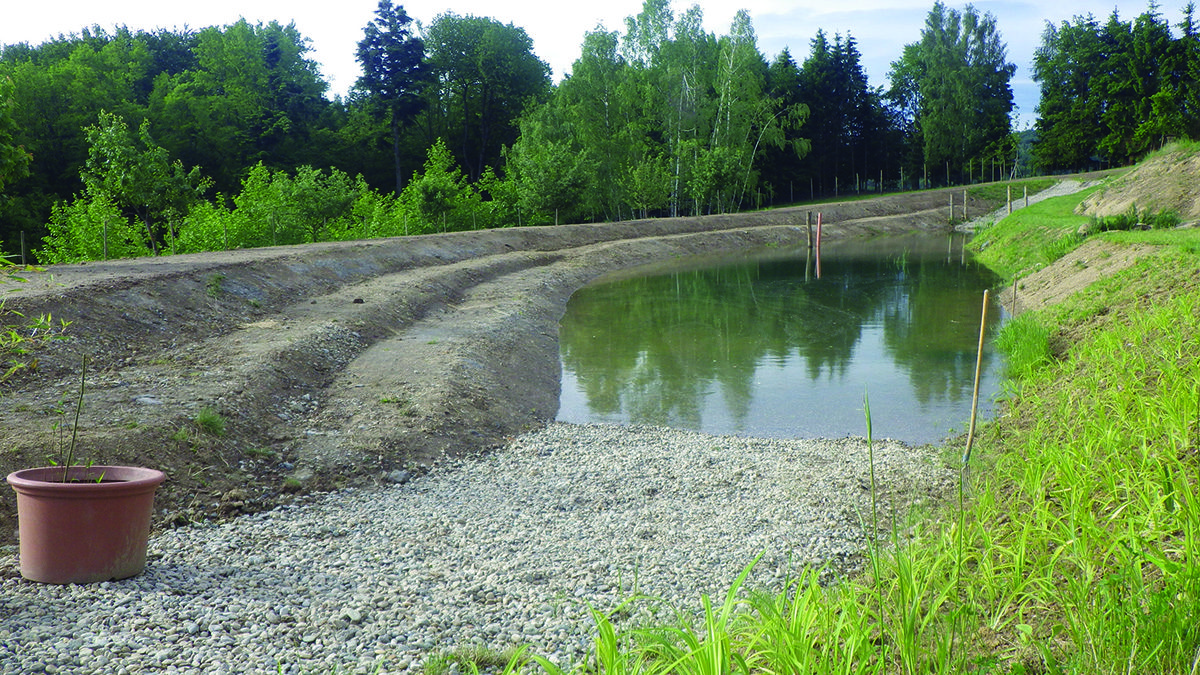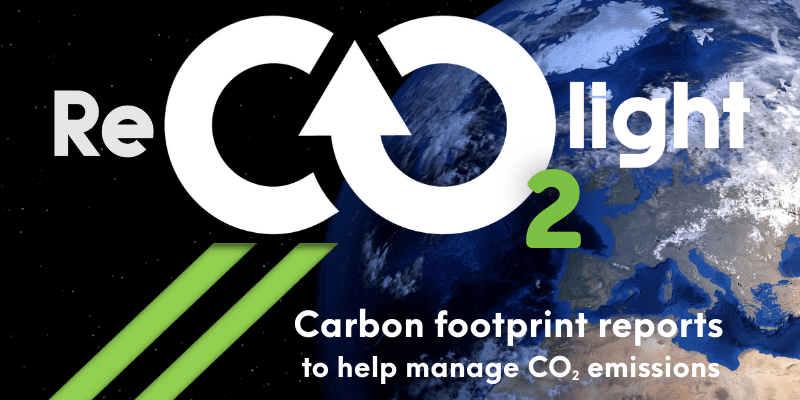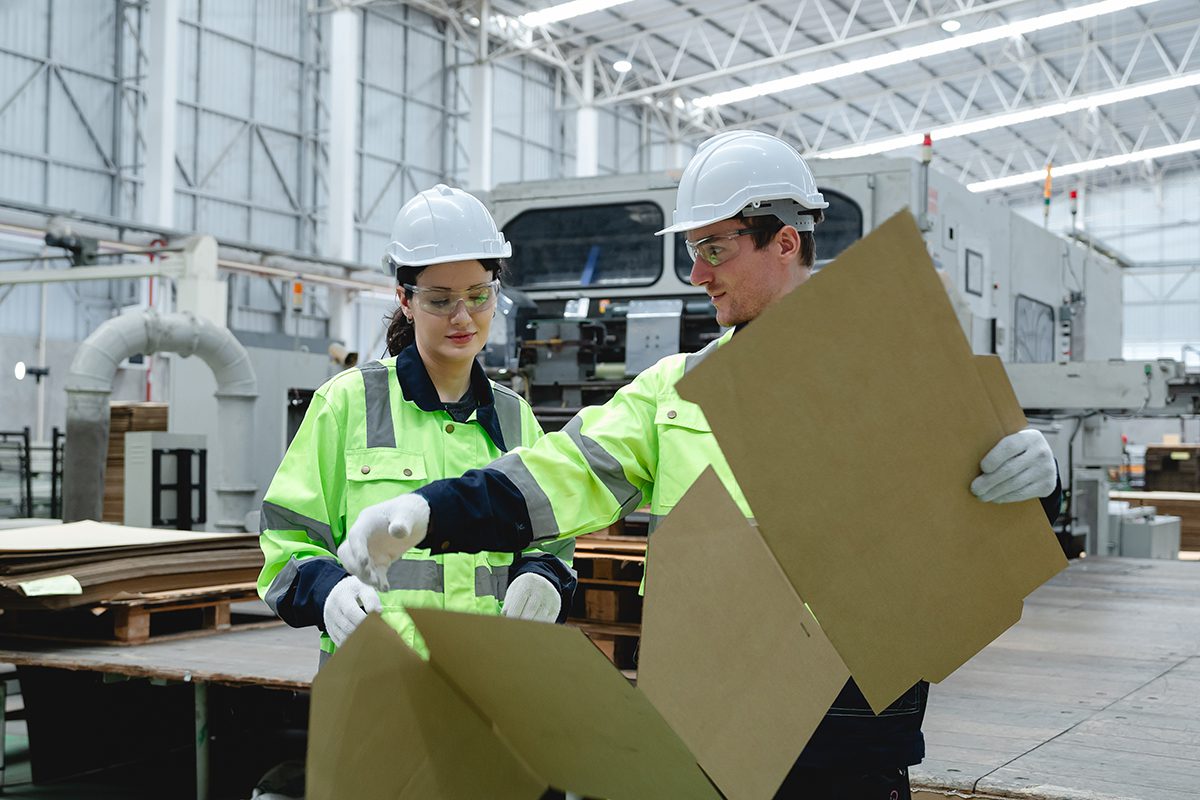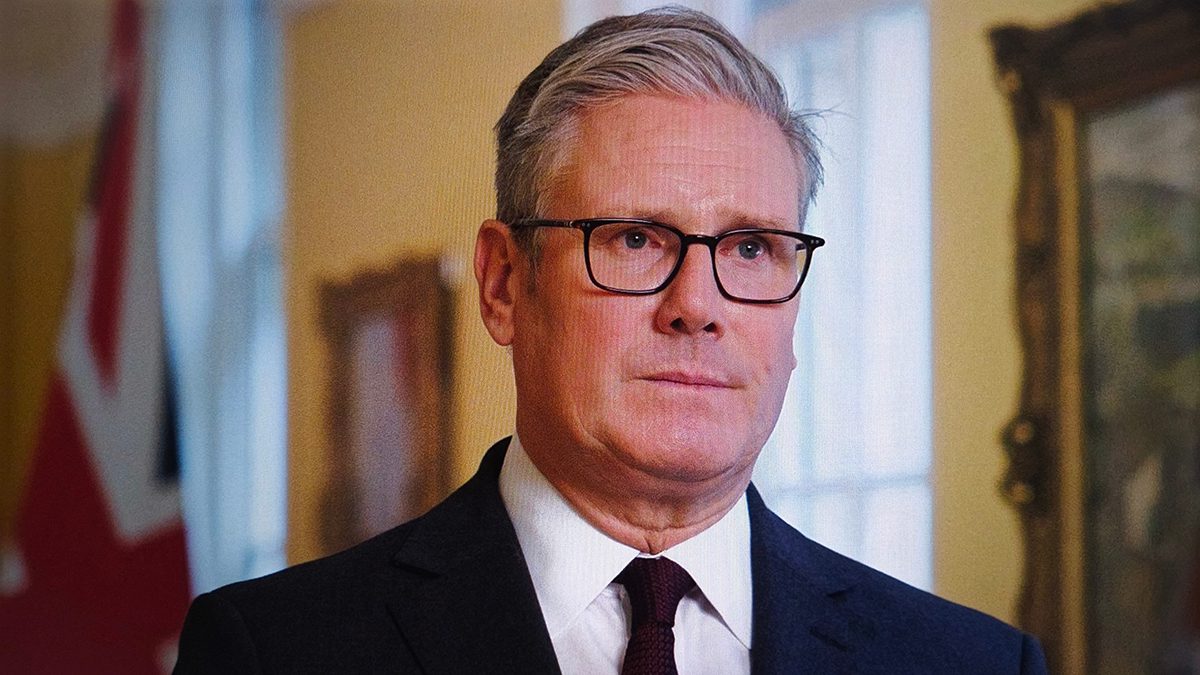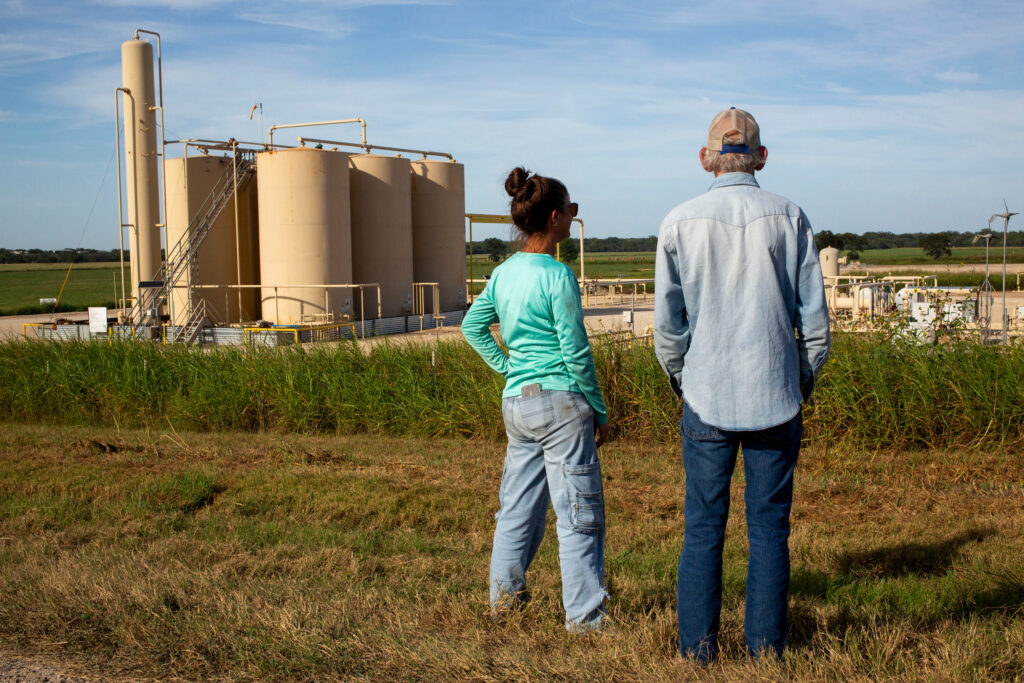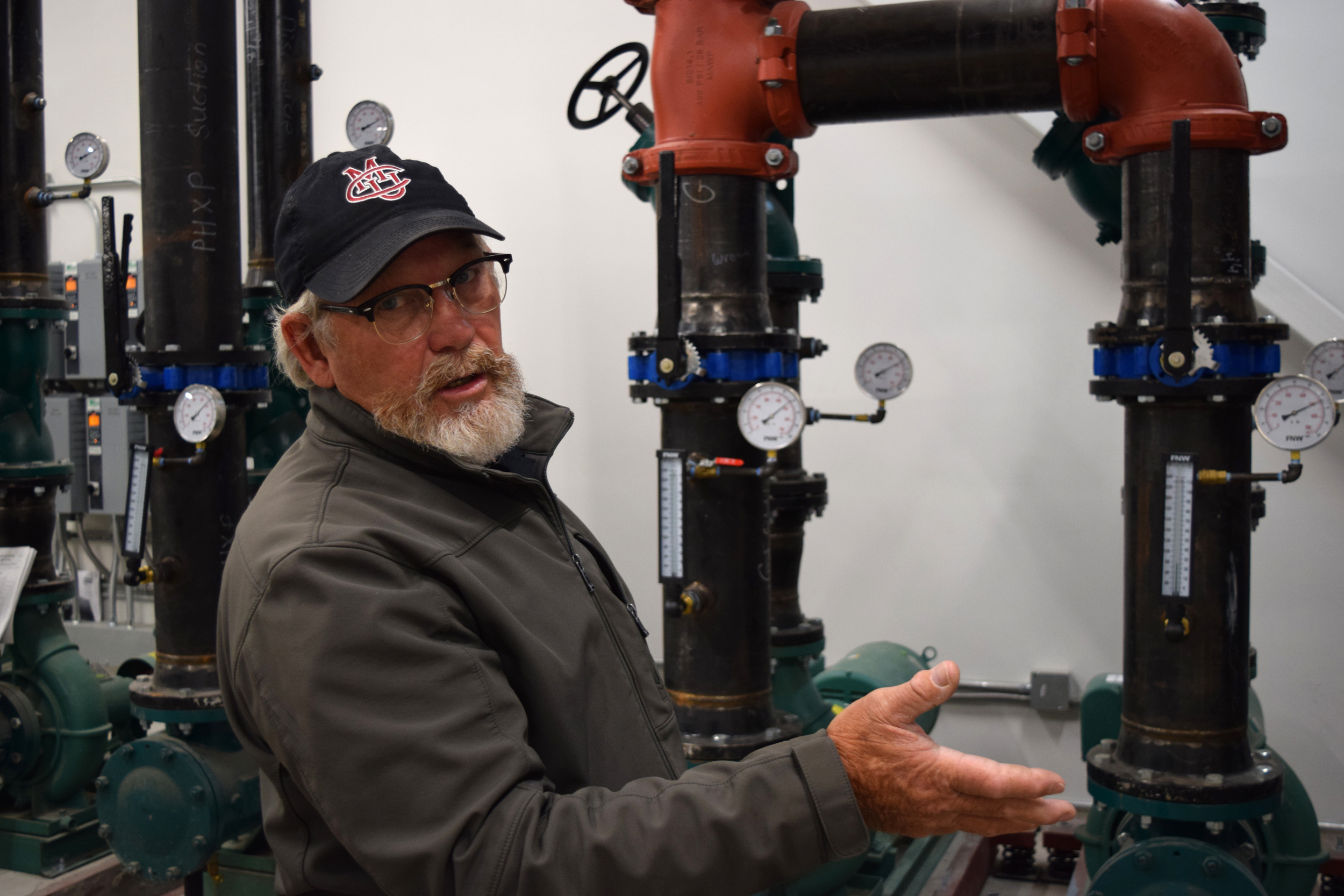Mari Luz Canaquiri Murayari, an Indigenous Kukama leader from the Peruvian Amazon, has been awarded the prestigious Goldman Environmental Prize for her decades-long fight to protect the Marañón River, home to her peoples’ ancestors and a lifesource for rainforest ecosystems that keep the world livable.
The award, announced Monday, recognizes her leadership in advancing the rights of nature, making Canaquiri Murayari the second advocate in as many years to receive the honor for securing legal rights for ecosystems. Teresa Vicente, a philosophy of law professor at the University of Murcia in Spain, won the award last year in recognition of her work on behalf of Mar Menor saltwater lagoon in the Mediterranean.
Today more than a dozen countries and Indigenous nations, including Ecuador, Bolivia, Uganda, New Zealand, Colombia, Panama and Mexico, have some form of legislation or judicial ruling recognizing the rights of ecosystems or individual species, similar to the way U.S. law recognizes that non-human corporations have rights. The rights of nature movement is largely seen as translating into law the worldviews and customary governance systems of Indigenous peoples, like the Kukama, who are leading it.
We’re hiring!
Please take a look at the new openings in our newsroom.
See jobs
Canaquiri Murayari, 56, grew up along the Marañón’s banks in the village of Shapajilla, a biodiverse area home to pink dolphins, macaws, giant river otters, jaguars, manatees and more than 150 species of fish. The lifeblood of the region is the sinuous Marañón, which flows over 1,000 miles from glaciers in the Andes and, after joining with the Ucayali River, into the Amazon River.
Kukama and other Indigenous peoples’ territories line the Marañón River basin, where for generations they have lived interdependently with the waterway and its surrounding rainforest. Fish and fruits from the forest form the backbone of their diets, and the river is entwined with their distinct cultures and rich ecological knowledge.
But that relationship, knowledge and the communities’ health have become imperiled by more than 50 years of oil extraction and contamination. A succession of international and Peruvian oil companies drilling for fossil fuels have fouled the land, air and water here with toxic drilling waste and other pollution. A 2021 analysis that looked at government data from 2000 to 2019 found 189 oil spills in the production lot imposed on Kukama territory.
Companies have largely evaded accountability, leveraging laws that prioritize economic growth and treat pollution as someone else’s problem. Those laws also treat the Marañón’s life-giving ecosystems as lifeless property, like a car or toaster.
After a disastrous oil spill in 2000, Canaquiri Murayari and other women gathered together, questioning how oil projects could be imposed on them without their consent. They founded the Huaynakana Kamatahuara Kana, or “Working Women” federation, focused on protecting their land and ways of life. Talking with lawyers at the Peru-based Institute of Legal Defense, Canaquiri Murayari posed a straightforward question: Why didn’t the Marañón have rights the same way people do?
In 2021, the Huaynakana Kamatahuara Kana federation filed a lawsuit to make that happen. The case, against various Peruvian ministries, sought recognition that the Marañón River has rights to exist, flow and be free from pollution, among other protections. Canaquiri Murayari became the face of the effort, which came at great personal risk and cost. She was ridiculed, threatened and harassed, including by her own government, she told Inside Climate News last year.
Goldman Prize Winners
The Goldman Prize, founded in 1989, honors the work of grassroots environmental defenders. In addition to Mari Luz Canaquiri Murayari, this year’s other winners are:
Batmunkh Luvsandash, whose work helped create a 66,000-acre protected area in Mongolia’s Dornogovi province. The region is heavily impacted by a booming mining industry.
Carlos Mallo Molina, leader of a global campaign that prevented a mega port in the biodiverse island of Tenerife, in the Canary Islands. The port would have degraded the habitat of endangered sea turtles, whales and sharks.
Laurene Allen, who advocated for the closure of a plastics plant responsible for emitting toxic chemicals into drinking water sources. The plant, based in New England, closed in 2024.
Semia Gharbi, a Tunisian activist who led a campaign challenging waste trafficking from Italy to Tunisia. In 2022, 40 government officials were arrested on corruption charges related to the scheme. The European Union has since tightened its regulations on waste exports.
Besjana Guri and Olsi Nika, of Albania, whose advocacy thwarted the installation of a hydroelectric dam on the Vjosa River. In 2023, the Albanian government designated the river’s ecosystem a national park, protecting 250 miles of river.
In March 2024, a Peruvian trial court recognized the Marañón River’s rights and ruled that Indigenous organizations and government agencies are the river’s guardians, allowing them to speak on behalf of the ecosystem in court and in other situations, like government permitting processes. Last fall, the ruling was affirmed on appeal.
Still, oil has continued to flow in the region, with operation expansions planned. Now, the Huaynakana Kamatahuara Kana federation and Indigenous groups from across the region are preparing to enforce their landmark judgment.
Inside Climate News talked with Canaquiri Murayari about this step and about Kukama culture, women’s role in protecting nature and new threats facing the Marañón, including plans for a multimillion-dollar dredging project that would turn the river into a shipping highway.
This conversation has been lightly edited for length and clarity.
KATIE SURMA: What does the Marañón River mean to you, and what is your relationship with it?
MARI LUZ CANAQUIRI MURAYARI: For us, the river isn’t just a body of water. It’s sacred. It’s fundamental. The river is full of spirits.
In our worldview, all beings—fish, birds and plants—have spirits. The river is like a mother, because it gives us life, and like a father, because it nourishes and feeds us.
If the river gets sick, we all get sick. That’s why we protect it. We have to keep the river and its spirits healthy.
These spirits in the river are not mythological creatures. They are real. The mother of the river is the biggest spirit in the Amazon, the Purawa. Without her and other spirits that live under the water, there would be no fish.
If contamination affects these spirits, those spirits are damaged and all the fish disappear. That’s why when something happens to the river, it isn’t just an environmental issue, it affects everything.

SURMA: How is the Marañón River and surrounding region being affected by pollution?
CANAQUIRI MURAYARI: The river has been polluted by many activities. Oil pollution has been happening for over 50 years. There is also pollution from mining and nearby cities dumping garbage into it.
There are other threats: There is a project to turn the river into a water highway. There are hydroelectric dams. There are new extractive concessions being granted in the river basin.
These are serious threats to the Marañón River and to the Amazon rainforest—and for us Indigenous people who live in these territories. We focus on protecting our rivers, forests and water. It is important to protect those things, to take care of them, because they are part of our lives. We do this not only for us, but for all of humanity and all beings.
SURMA: It was women—you and your fellow Kukama women—who won this landmark legal victory declaring the Marañón River a rights-bearing entity and securing protections for its ecological integrity. Why is it that, so often, it’s Indigenous women on the front lines defending nature?
CANAQUIRI MURAYARI: Women are the most vulnerable and have been treated like objects before—without rights, disrespected and dismissed. But now, we are empowering ourselves.
We are taking action not just for ourselves, but for our children and future generations.
People say the Amazon is the “lungs of the world.” If it’s sick, we must heal it. We are uniting now, women and men. We must protect it. We’re setting an example for our children to continue respecting and caring for nature.
Everything in nature has a spirit and a role. So we must respect all of it.
Plants are spiritual beings too. Every plant has a function. When we need to heal someone, we need to know the spirit of the plant and we ask the plant’s permission before using it. If those plants disappear because of contamination, we can’t heal anymore. We lose that healing knowledge and power.
When a plant dies, it’s like a person dying. That’s why we ask for permission before harvesting it for medicine. We respect it. We honor it.
This story is funded by readers like you.
Our nonprofit newsroom provides award-winning climate coverage free of charge and advertising. We rely on donations from readers like you to keep going. Please donate now to support our work.
Donate Now
SURMA: Many people here in the United States see nature as something separate from themselves. But I’ve heard you and other Indigenous leaders say that you are nature defending nature. Can you explain that?
CANAQUIRI MURAYARI: We are not separate from nature. We are part of it.
In our name, Kukama, “Ku” means Earth and “Kama” means breast. Mother Earth provides everything. She is like a breast that feeds us. She provides everything for us and for all living beings—animals, birds, fish. We all feed on our mother’s breast.
Her rivers are important because we all consume water. Not just humans, but plants, trees and animals. Water is also a right for them because without water they cannot live. A plant drinks water when it rains. Animals, birds and insects drink too. Bees drink water, too. They are great pollinators. They make our fruits, our apples. Everything, no matter how small it is, has a function.
Even the smallest beings are very important.
If someone is damaging Mother Earth, they’re damaging me. We must live in balance and connection with all living beings.
The Karuara, or “people of the river,” live under the water. Sometimes they form families with humans. They are part of our stories, our understanding of the world. These spirits are like family. That’s why we must protect them.
We live because of them. We eat, we drink and we owe so much to the rivers and their spirits.


SURMA: You and other Kukama women are working to enforce the legal judgment you won. Can you talk about that? What’s happening now?
CANAQUIRI MURAYARI: We won a legal ruling, but that’s just the beginning. We are working toward its implementation.
We’re organizing, holding meetings and workshops, and preparing to meet with the government.
To make this real, we need technical advice, and we need funding so we can bring in Indigenous leaders from around the Marañón River basin. We want them to take an active role as well. We will have meetings and workshops to prepare the leaders.
Then, we’ll present a united proposal to government institutions, asking them to respect the ruling.
We have three main concerns. First, we want the government to respect and implement the court decision. Second, we want the government to do maintenance on the Northern Peruvian pipeline. Third, we want them to conduct proper consultations with communities before new projects, like new oil development in our territory, moves forward.
SURMA: Is there anything else you would like to say?
CANAQUIRI MURAYARI: I want to send a message to the world. For us, it is fundamental that we come together to protect what we have. We still have time.
I am very happy when I see young people join us. They are going to be the ones who are going to protect the rest of us. Elders need to be an example for them and show they are strong. To show they will not allow themselves to be defeated. To show that they fight for their children and for nature.
We have to respect nature. Humans have to respect it because it is life. I always say protecting rivers and territories is protecting our own lives.
About This Story
Perhaps you noticed: This story, like all the news we publish, is free to read. That’s because Inside Climate News is a 501c3 nonprofit organization. We do not charge a subscription fee, lock our news behind a paywall, or clutter our website with ads. We make our news on climate and the environment freely available to you and anyone who wants it.
That’s not all. We also share our news for free with scores of other media organizations around the country. Many of them can’t afford to do environmental journalism of their own. We’ve built bureaus from coast to coast to report local stories, collaborate with local newsrooms and co-publish articles so that this vital work is shared as widely as possible.
Two of us launched ICN in 2007. Six years later we earned a Pulitzer Prize for National Reporting, and now we run the oldest and largest dedicated climate newsroom in the nation. We tell the story in all its complexity. We hold polluters accountable. We expose environmental injustice. We debunk misinformation. We scrutinize solutions and inspire action.
Donations from readers like you fund every aspect of what we do. If you don’t already, will you support our ongoing work, our reporting on the biggest crisis facing our planet, and help us reach even more readers in more places?
Please take a moment to make a tax-deductible donation. Every one of them makes a difference.
Thank you,






